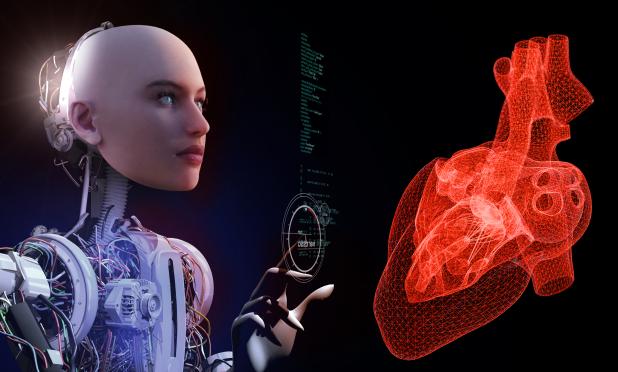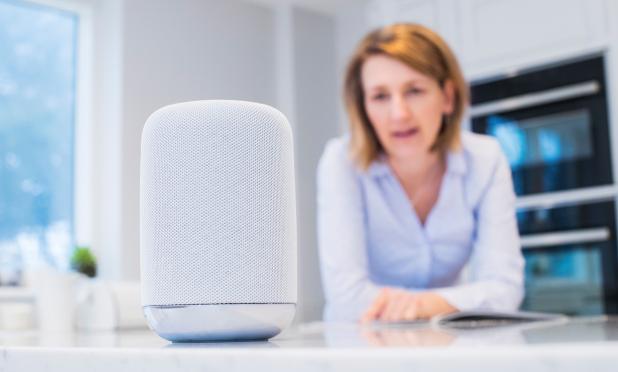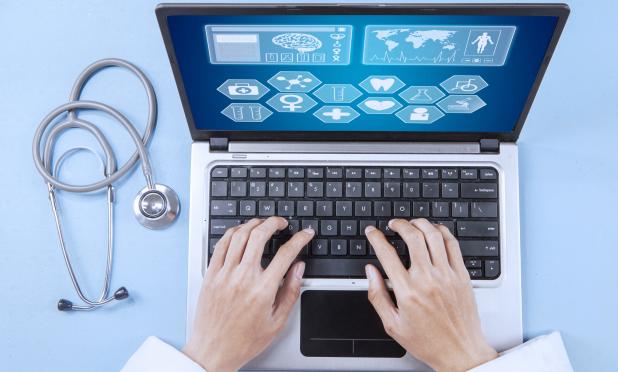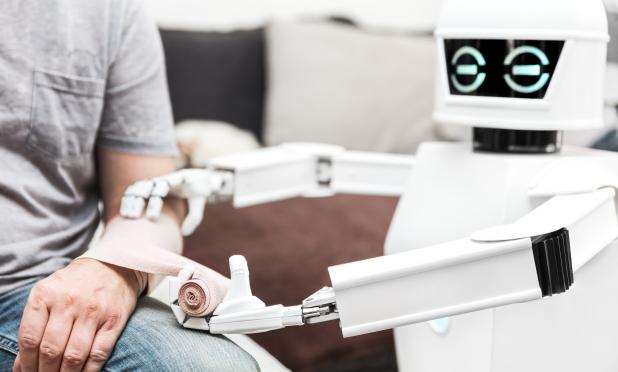
/
SPONSORED
AI algorithm enhances ability to diagnose heart failure
Among other things, analysis suggested that the algorithm may be effective at detecting heart weakness in all patients, regardless of race and gender.

/
SPONSORED
New computational center aims for fuller understanding of “admixed” populations
In collaboration with a range of informatics research teams, CAST will use natural language processing to extract information on social determinants of health from patients’ clinical notes.

/
SPONSORED
How AI could help mental health providers with the growing demand for care
Spending in the U.S. on behavioral health treatment and services reached $225 billion in 2019, a 52% increase since 2009.
/
SPONSORED
Experts turn up volume on calls for AI in hearing care
The WHO projects that by 2050, nearly 2.5 billion people will experience some degree of hearing loss, with 700 million requiring rehabilitation.

/
SPONSORED
Researchers use AI to expedite infant genomic analysis
With the rise of AI, researchers noted, a new class of genome interpretation methods are being developed with the promise of removing the interpretation bottleneck for rare genetic disease diagnosis.

/
SPONSORED
Retinal exams get deeper look via image-driven AI
Among other things, the study will help develop a database of screening images from real-world environments that can be accessed in clinical settings to improve retinal disease diagnoses.

/
SPONSORED
Researchers turn to AI for help predicting COVID severity in children
While children infected with COVID-19 have tended to have milder symptoms, researchers note some have developed severe complications such as respiratory failure or heart inflammation.

/
SPONSORED
Mt. Sinai launches dedicated department of AI and human health
The goal, say officials, is to use AI to inform local, tactical decision-making with information collected from the entire health system.

/
SPONSORED
How the FDA could root out hidden bias in new AI
AI can facilitate faster diagnoses, predict the likelihood of a particular patient outcome and help conduct research on new treatments, says one stakeholder, but the risks, including hidden biases, are real.


